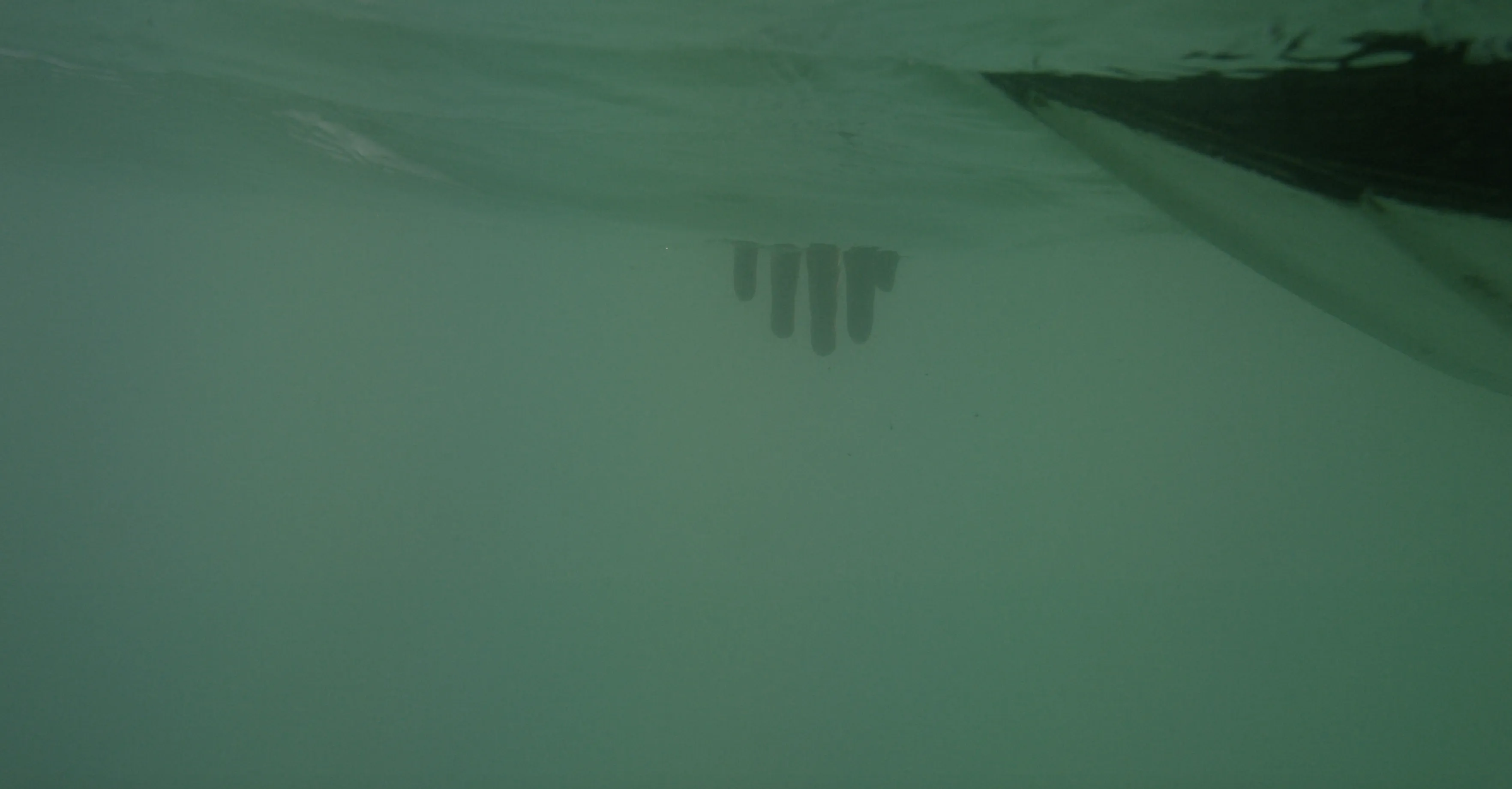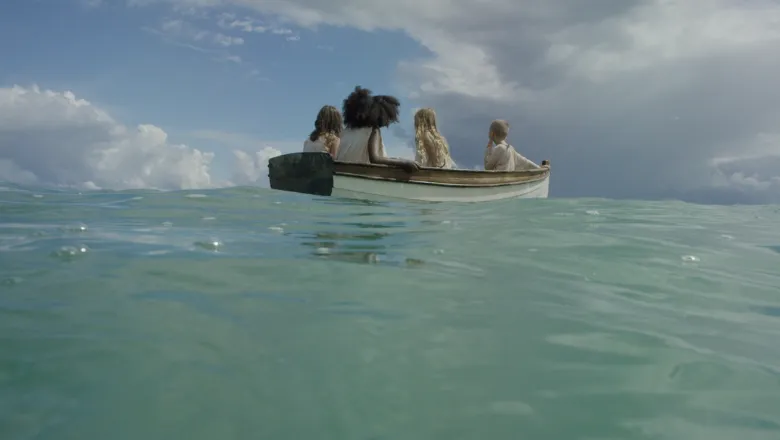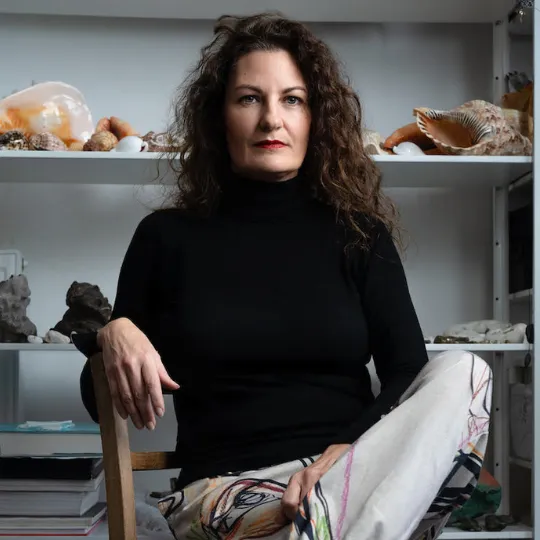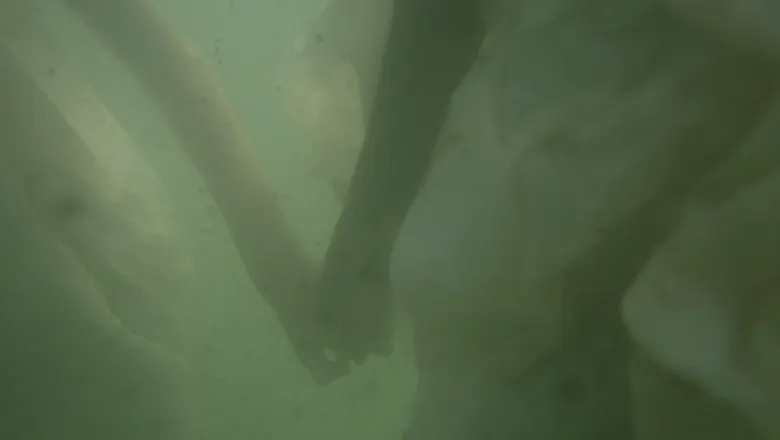New exhibition exploring the intersection between forced migration, climate change and women’s experiences opens on 21 June at St Mary le Strand Church.
On 21 June, Never at Sea, a new exhibition by Dr Kate McMillan, will open at St Mary le Strand Church. The project explores forced migration and the climate crisis through film, sound, performance and sculptural intervention.
Two years in the making, Never at Sea has been developed in response to a series of arts-based workshops for women who have experienced forced migration, ran by Dr McMillan in collaboration with the Refugee Council, Lewisham Refugee Resettlement Project and King’s Sanctuary Programme.
'Never at Sea examines women’s embodied experiences of climate change, loss and journey. It explores what loss feels and sounds like, and why this often-shared experience is carried in silence. It arose as a creative response to the hostile environment created by the UK government towards people seeking asylum and considers how climate inaction will exacerbate human displacement'.
Dr Kate McMillan, Senior Lecturer in Creative Practice
St Mary le Strand Church as the exhibition site symbolises a place where grief, loss and transcendence are contained within the rituals of religious beliefs. Before the Strand/Aldwych pedestrianisation project, St Mary le Strand used to be a church on an island in the middle of the roads surrounding it. Islands, as Dr McMillan notes, are central to the concept of forced migration as places which are often first to host refugees and most likely to experience forced migration in the future due to the climate crisis.
The name of the exhibition, Never at Sea, is linked to the history of the Women’s Royal Naval Service (the Wrens). The women’s branch of the Royal Navy was created in 1917 to “free men for the fleet”, meaning that women had to perform various administrative naval roles on the shore and were not allowed at sea. “Never at Sea” was the Wrens’ motto. It was only in 1993 that the branch was integrated into the Royal Navy and women became full members of the crew. Dr McMillan reconceptualises the motto to raise awareness about the urgent need to develop safe legal routes for asylum seekers to reach safety.
 Kate McMillan: Never at Sea, 2023 (film still). © Kate McMillan. Courtesy of the artist.
Kate McMillan: Never at Sea, 2023 (film still). © Kate McMillan. Courtesy of the artist.A six-day-long exhibition, Never at Sea will include a series of events and artistic performances. The project will be brought to life by a performance developed in collaboration with composer Cat Hope and choreographer Sivan Rubinstein, featuring percussionist Louise Devenish, vocalist Macia Lemke-Kern and dancer Lydia Walker. The exhibition will be concluded by a symposium featuring socially engaged artists and organisations using creative practice to make a difference in their communities.
The project has been supported by the Refugee Council, King's Sanctuary Programme, King's Culture, King's College London, AHRC, Science Gallery London, St Mary le Strand Church, Sir Zelman School of Music and Performance, Monash University and the Australian Research Council.




